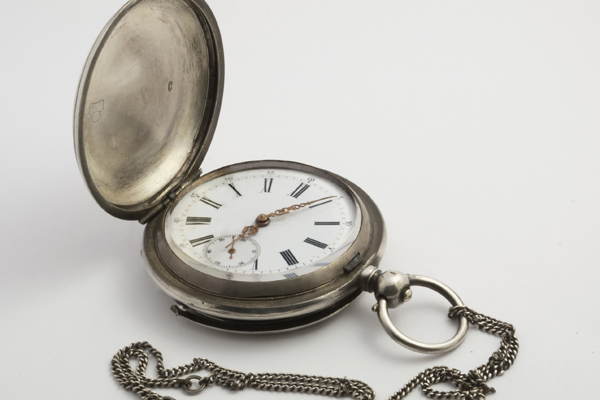
When it comes to reproduction, women aren’t the only ones who may need to heed ticking biological clocks.
Newer studies, including one by researchers at the University of South Florida College of Public Health and the University of Rochester, suggest that the offspring of older men may face greater risks of harmful birth outcomes – attributed in part to age-related genetic defects passed along by the father’s sperm. Paternal lifestyle characteristics, like smoking and poor diets, and environmental toxins that lead to mounting epigenetic changes over time may also be part of the mix.
“In general, society has not talked about the age of the dad. The underlying thinking has been, since development occurs in the womb for nine months, that moms are the only ones who matter when it comes to pregnancy and birth outcomes,” said Hamisu Salihu, MD, PhD, professor of epidemiology and obstetrics at the USF College of Public Health. “The recent genetic and epidemiological research indicates that the father’s age may influence the processes of embryo development early in life.”
Dr. Salihu was quoted in the article “Too Old To Be a Dad?” appearing in the April 22, 2013 issue of Time magazine.

Dr. Hamisu Salihu of the USF College of Public Health has studied the effect of paternal age on birth outcomes.
The Time piece cites a paper by Dr. Salihu and fellow investigators published last year in the American Journal of Men’s Health.
Analyzing more than 755,000 births in Missouri from 1989 to 2005, the researchers found that infants fathered by men in the 40-to-45 age group had a 24 percent greater risk of stillbirth than those fathered by men in the 25-to-29 category. Babies born to fathers older than age 45 were at 19 percent greater risk of low birth weight, 13 percent higher risk of preterm birth, and 29 percent increased risk of very preterm birth.
The exact chemical or physiological mechanisms to explain why advanced paternal age correlates with poorer birth outcomes are not yet known, Dr. Salihu says. But, he emphasized, the latest research points to the need for men to be included in preconception counseling and prenatal care to optimize the odds for a healthy baby.
“Now that we know the father’s age matters, it means we need screening protocols for older fathers, not just older mothers,” he says. “It’s going to change the paradigm of how we practice medicine.”
